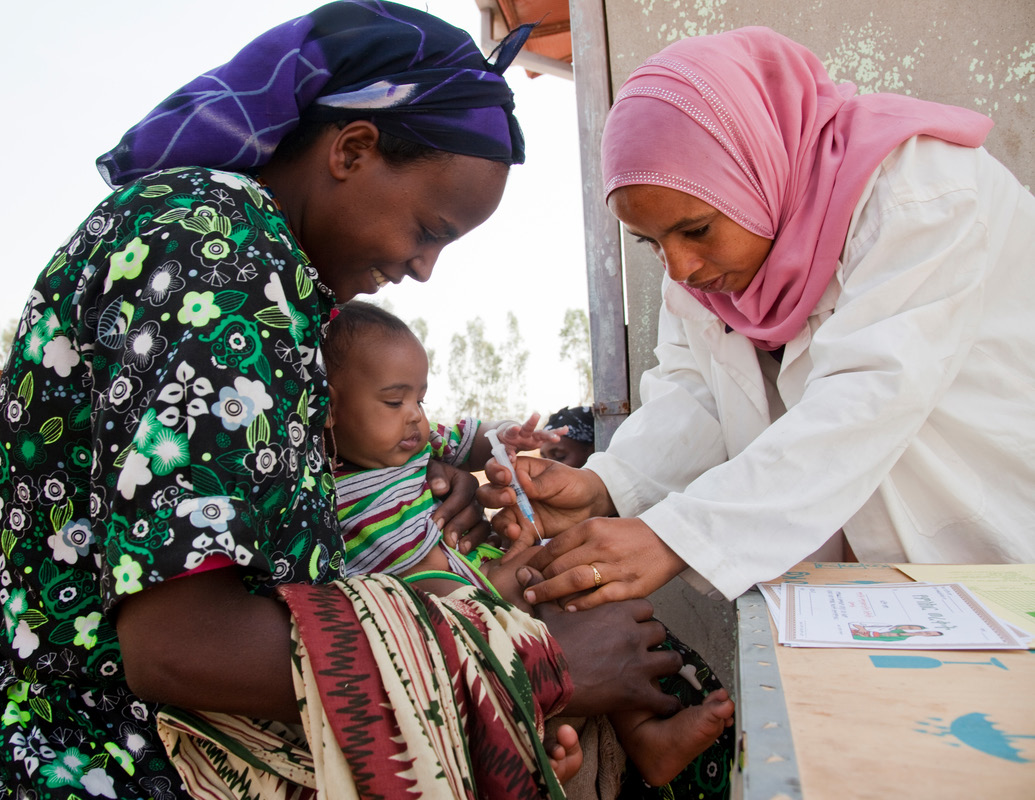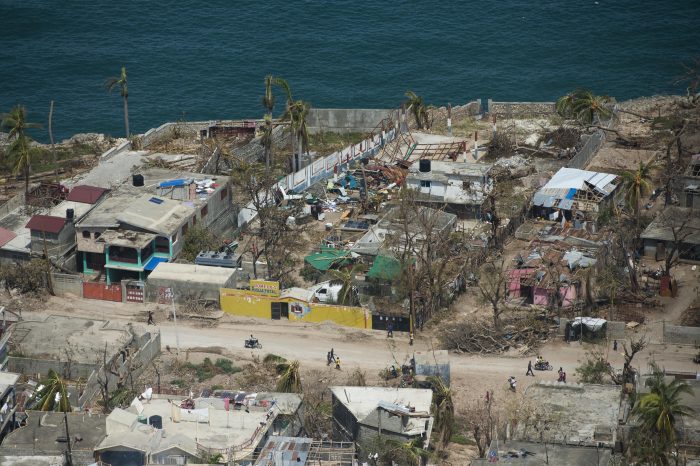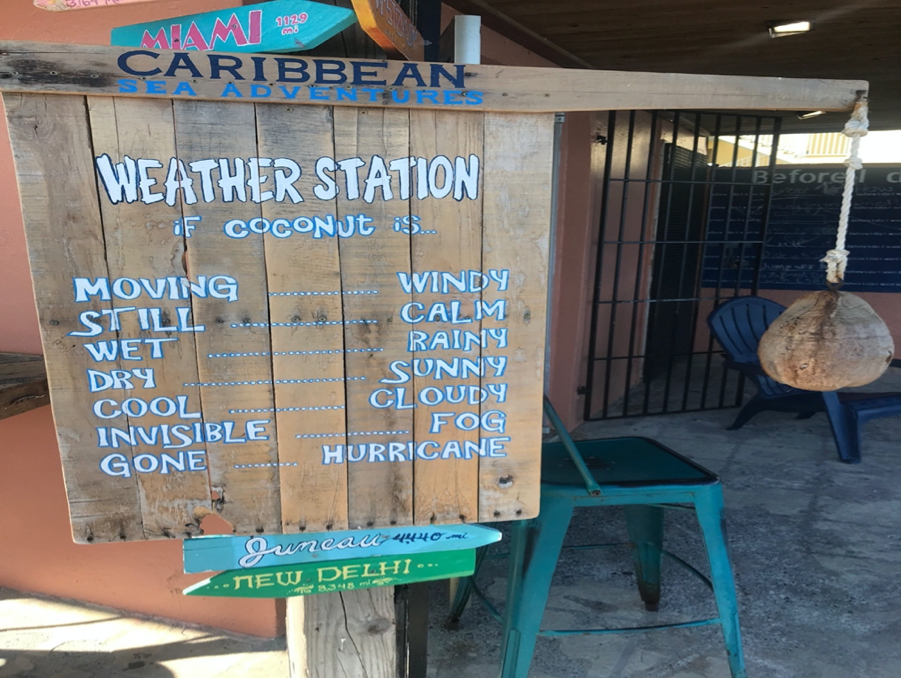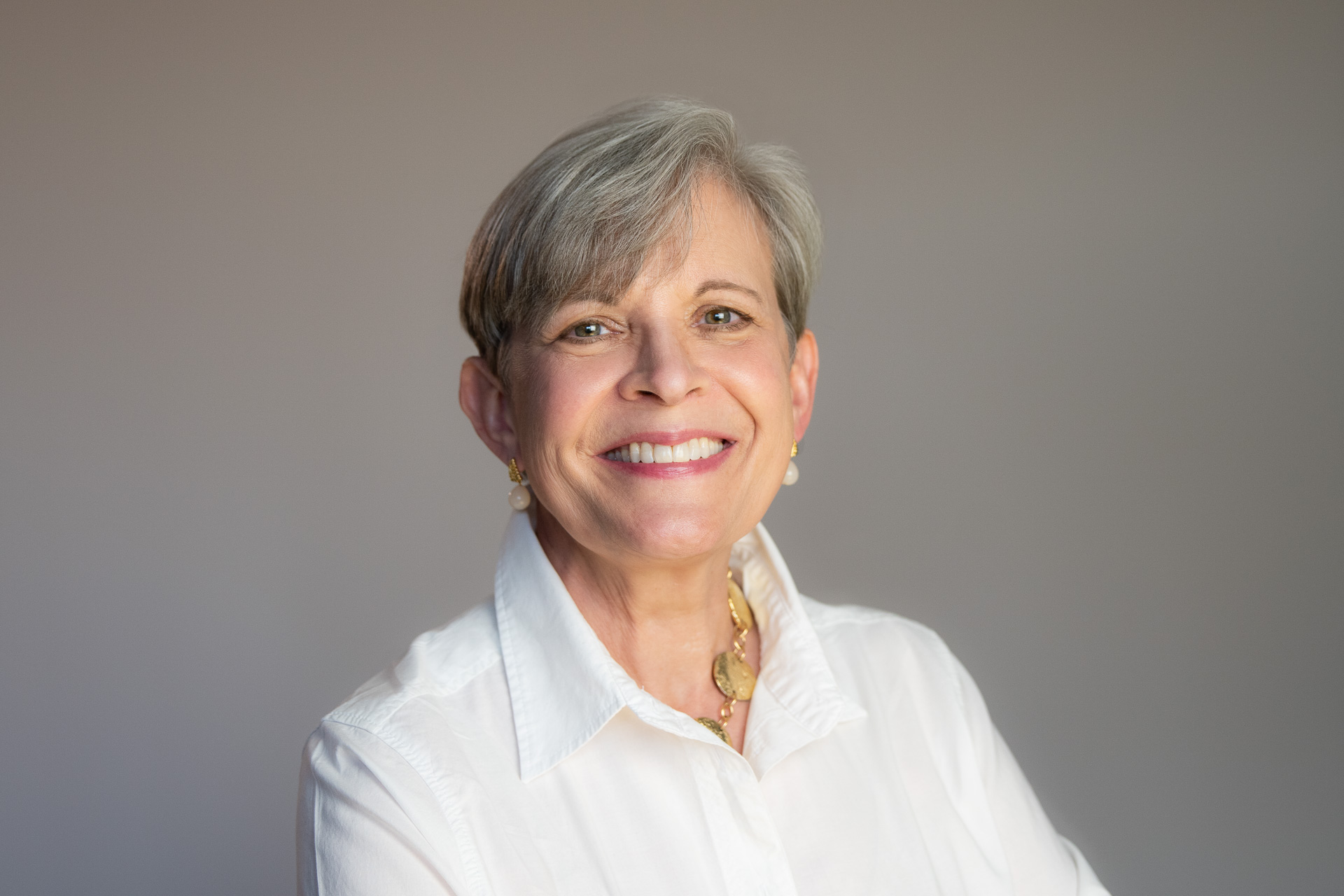Trends in Localization Prompt Reasons to Hope
I am a devoted listener and supporter of our local National Public Radio affiliate. My mornings begin and my workdays end with news and commentary from NPR. Working in the disaster arena means there are very few days that my listening does not illuminate the problems that regularly come across my desk: climate change, severe […]

I am a devoted listener and supporter of our local National Public Radio affiliate. My mornings begin and my workdays end with news and commentary from NPR. Working in the disaster arena means there are very few days that my listening does not illuminate the problems that regularly come across my desk: climate change, severe weather events and complex humanitarian emergencies.
As this new year began, NPR shared the “Grim and Hopeful Global Trends to Watch in 2020.” Fortunately for my mental health and for the Center for Disaster Philanthropy (CDP), several of the hopeful trends are those which we champion: cash infusions rather than donated goods will dominate humanitarian assistance and there is a burgeoning movement to return decision-making power to the local actors who know best what is needed for their own communities and are always the first-line responders in any crisis.
Both these trends received a lot of attention following the World Humanitarian Summit in 2016. This international meeting produced the Grand Bargain which challenged multi-laterals, international nongovernmental organizations (INGOs) and funders to change their practices to promote:
- Building institutional capacity of local actors through fair compensation and identifying opportunities to lighten bureaucratic leadership.
- Increasing direct funding, transparency and accountability without increasing reporting requirements.
- Reducing duplication and management costs through joint and impartial needs assessments.
- Enhancing feedback mechanisms.
- Participating in pooled funds for longer time periods and less earmarking.
- Attending to sustainable solutions and disaster risk reduction.
Since the fall of 2017, CDP has worked with the Bill & Melinda Gates Foundation to encourage U.S.-based foundations to join in this shift in fundamental power dynamics and grantmaking through honest conversation and collaborative learning. Thirteen philanthropic organizations have met twice to engage local actors and major INGOs in discussions on strengthening local humanitarian leadership. A smaller set of representatives has met monthly to increase knowledge of grantmaking progress, conferences, news articles and intermediaries working in the space.
One of the primary “products” of this collaboration has been a chapter in CDP’s Disaster Playbook devoted to this topic, the Strengthening Local Humanitarian Leadership Philanthropic Toolkit. With a variety of resources—interviews, podcasts, academic studies, organizational reports and tips for funders—the Toolkit offers funders foundational guiding questions and relevant suggestions for how to approach the issue with stakeholders, move the work forward and evaluate impact.
We recently added nearly 40 new resources to the Toolkit, grouped into sections that will allow you to quickly determine where you want to dive in. And do not overlook some of the prior resources that share foundational documents as well as profiles of funders and local leaders doing this localization work. Later this year we will be hosting a webinar about our collective work on this front and you will have a chance to hear directly from thought leaders and philanthropic practitioners about ideas to move our investments closer to the ground where the decisions and the work best originate for greater community impact.
“Big Hope/Hard Work” is my motto for 2020. Thanks to our partnership with the Bill & Melinda Gates Foundation and other U.S.-based funders, getting our philanthropic work closer to the ground may be one opportunity to participate in this global movement supporting the hard work that local actors are accomplishing to build resilience and improve economic development in areas experiencing repeated disasters and protracted conflict. That’s a global trend I have “big hope” to embrace.
More like this

Local Decision-Making Matters in Disaster Recovery

